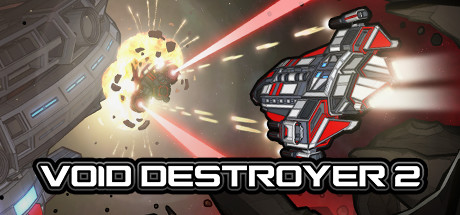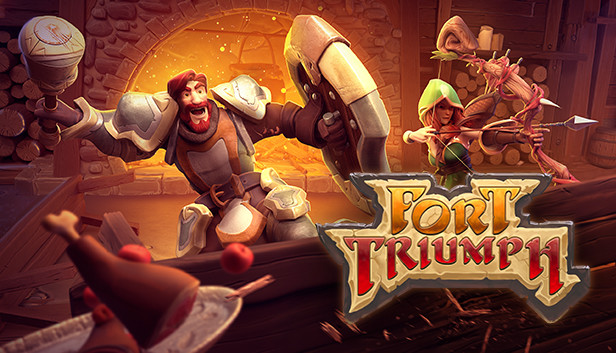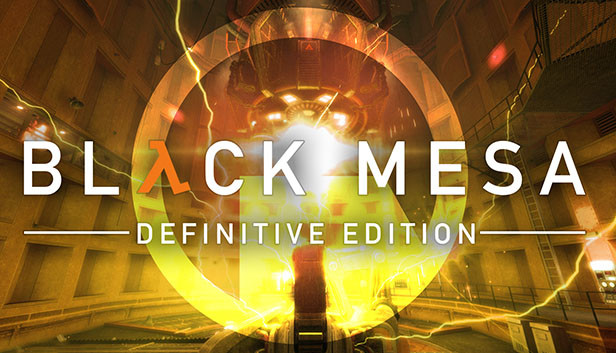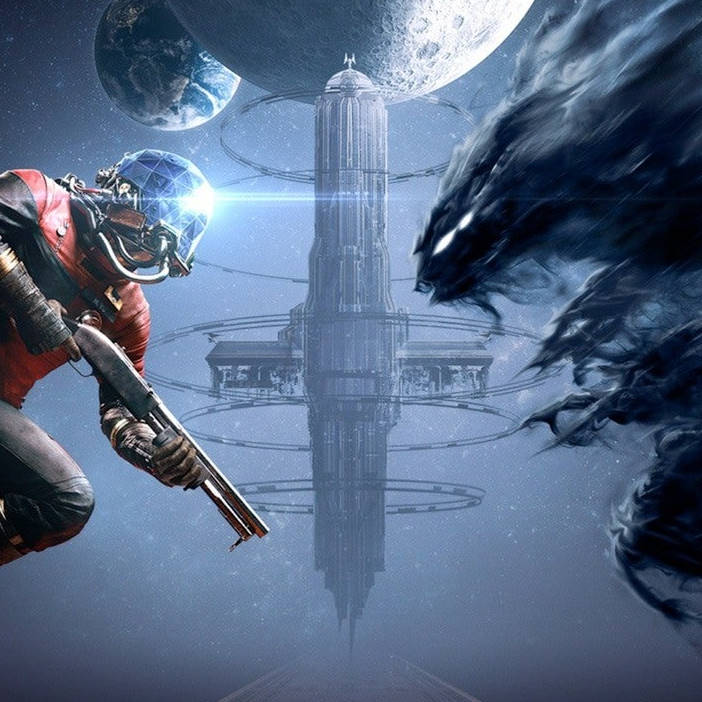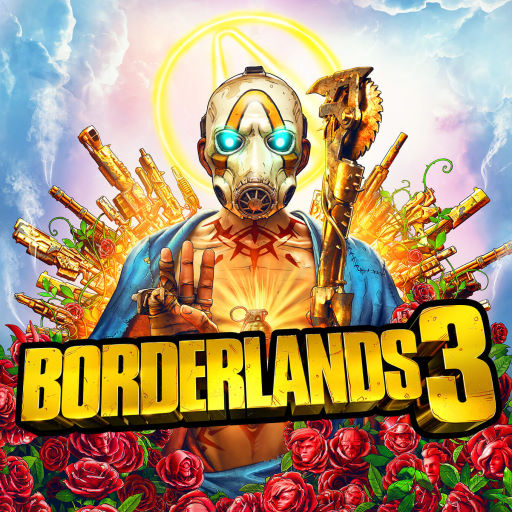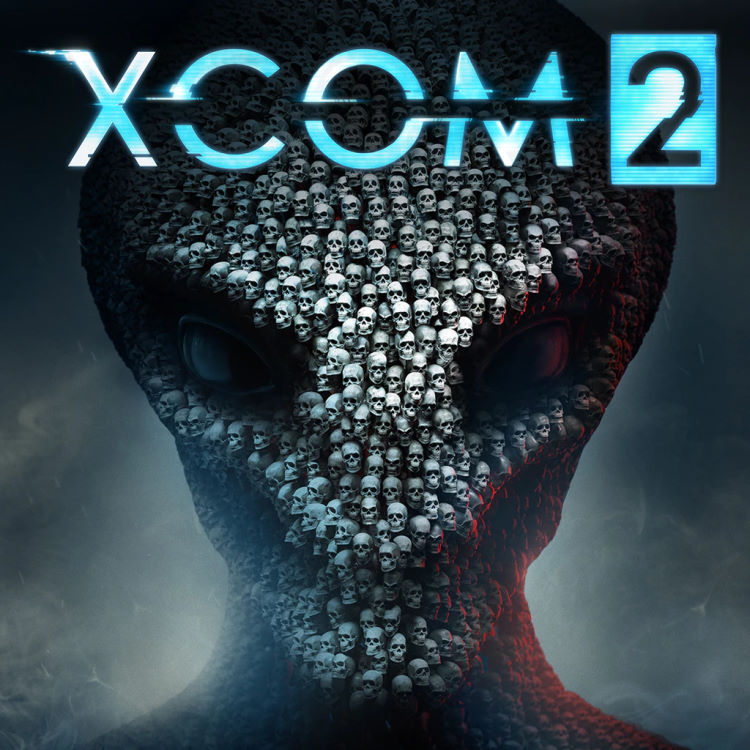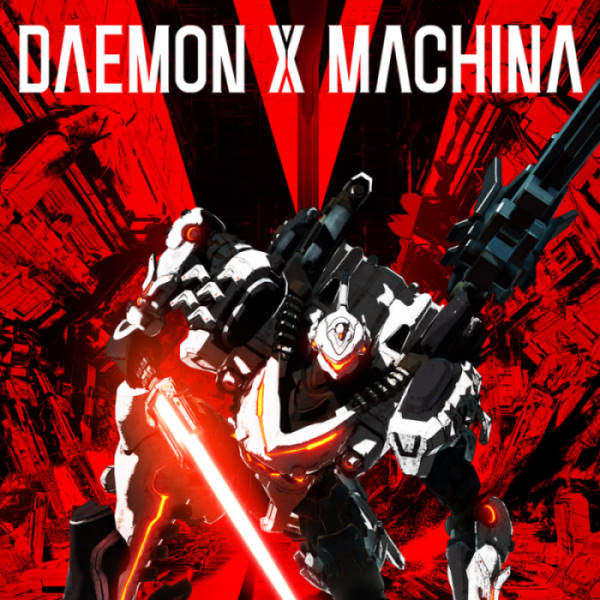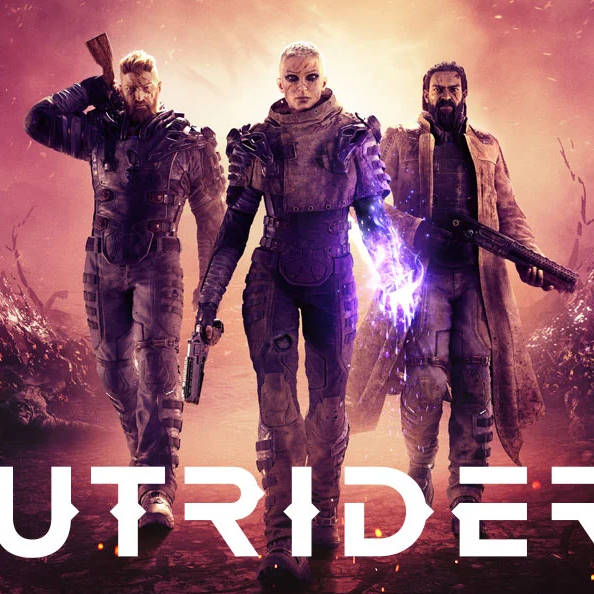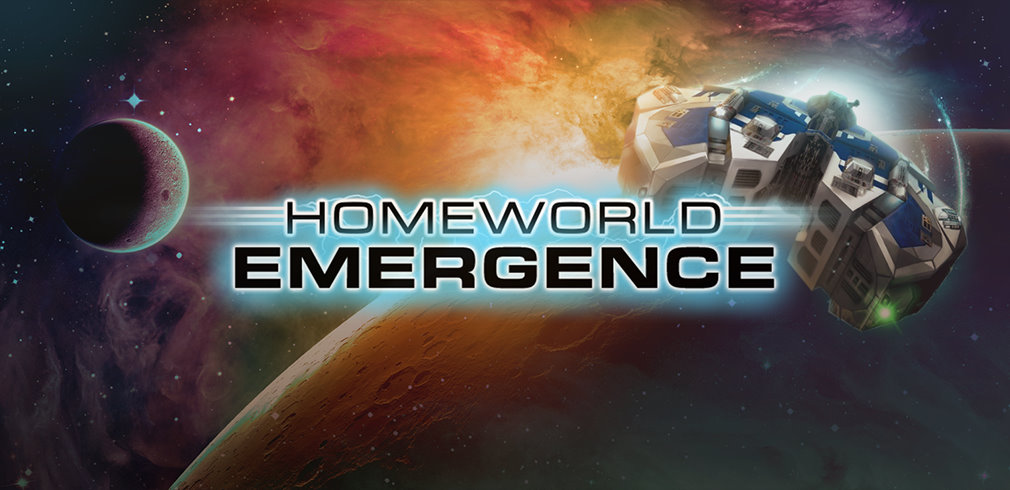It's dangerously elite near the homeworld, wing commander.
My time with the original Void Destroyer ended when I got hard-stuck on a mission. Finding no solutions, I eventually gave up. Even so, I really, really liked what Iteration 11 had come up with.
The same thing happened with Void Destroyer 2, but much later, and after much, much, MUCH more fun.
Starting off, I was pretty intimidated by this title. Or rather, I didn't start off because of that intimidation. It sat in my Steam wishlist for a long while, passed over for other offerings. I just sat there, looking at it, going, "Am I truly ready for a simulation game and all that entails? Am I?"
Finally, I swallowed my fears of not enjoying myself and installed the software. And I had fun! Immediately. Void Destroyer 2 does not demand that you know every system and hotkey in the game in order to get started, although you will need to swiftly become familiar with a few to fly your ship effectively. Further, you will need to gain some grasp of every travel and combat-related modality available if you want to feel like you're seeing most of what's on offer. Being able to enter into and functionally interact with the tactical view, for instance, is critical for managing encounters when you have a fleet.
With all that on the table, though, I want to be clear that - if you actually like space sims - buying this title is buying something approachable. I'm quite confident that you'll "get it" as you encounter new features, because the campaign does a decent job of introducing them to you in manageable chunks. You'll be tossed into new experiences, but the experience itself can largely teach you how to navigate within it.
There are some quality-of-life quibbles that wound up nagging me a little. Certain things that should be automated aren't. For instance, if you switch away from your main ship in order to pilot another craft for a while, you can't invoke your gravity drive. All fine and good, but you're neither presented with a quick option to change back to your main ship, nor is there a fast way to switch the current ship to the main ship. You can only do that in the Fleet interface (as far as I can tell), which is only accessible in the "Overworld." You can't save during missions, and there are no mission checkpoints, so a multi-stage, difficult encounter has to be fought successfully in one go or the whole shebang has to be run again. Also - Overworld time-compression (which speeds up travel, shipbuilding, and such) does have a range of selectable multipliers...but for an unknown reason, access to that feature is hidden behind an upgrade that has to be bought for your player character. Why?
All of the preceding issues are forgivable, though, as Void Destroyer 2 has too much charm for those foibles to prove lethal. What we have here is a classic space-sandbox-sim that tries to use the resources that it has with tremendous efficiency. Because it does this winsomely, it can get its hooks into you for a whole mass of hours. Even if you're like me, and get yourself into a situation where you can't crack the difficulty curve, you'll probably land in that position after getting some very fun ships, amassing at least one fleet, and acquiring a base or three. I am a little miffed at being denied by game completion (I do play games to "win" them), but I don't feel deprived.

